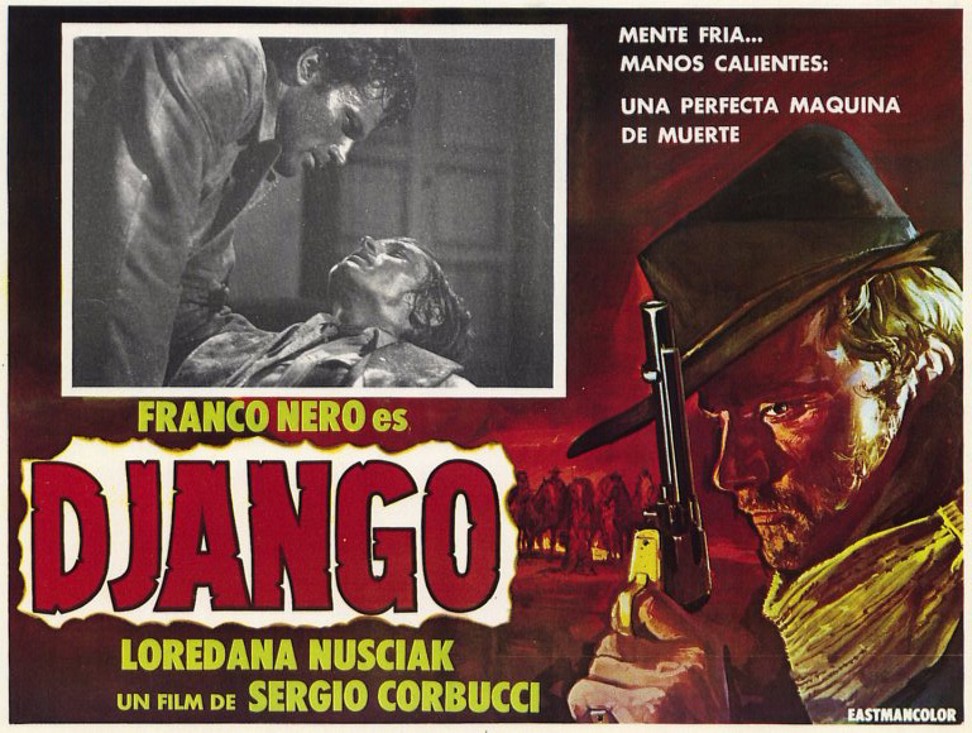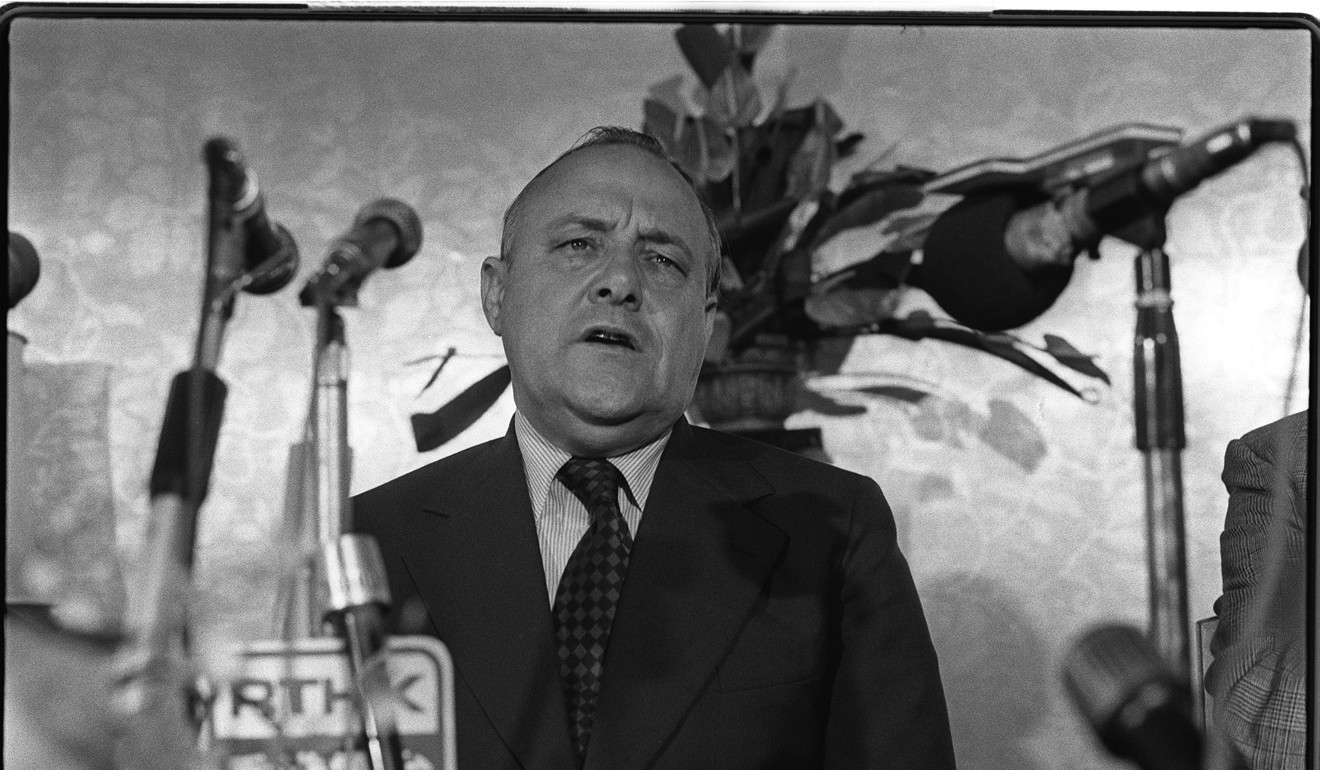
A moon rock gift and a floral solution to an opium problem: headlines from four decades ago
A journey back in time to look at significant news and events reported by the South China Morning Post from this week in history
Private Hollywood film screenings for senior Chinese cadres (despite a national ban) and a Danish man who sued a hospital after a failed sterilisation resulted in unplanned pregnancies for both his wife and lover made the headlines four decades ago this week.
May 21, 1978
● Two Hong Kong companies were put on a trade blacklist compiled by the Arab Boycott Office for their business links with Israel. The pair – Remex Electronics, and Rex Ltd – had interests mainly in construction machinery, chemical products, medical supplies and tractors.
● Japanese riot police beat back a savage attack by hundreds of radical activists on Tokyo’s newly opened Narita International Airport. The facility, which had been in the making for nearly 12 years, became a much-hated target for leftists and their allies as it was built on land taken from local farmers, who felt they had been inadequately compensated.

May 22, 1978
● Popular Hollywood films, including spaghetti westerns, which were banned for the public, were shown privately in Beijing for high-ranking cadres, a Chinese source reported. It was also revealed that, for a few months, the families of many senior cadres in the Central Administration and the People’s Liberation Army had been secretly attending the screenings, arranged by the Ministry of Culture.
● Hong Kong customs officers launched round-the-clock surveillance of a number of local Pakistanis following intelligence reports of increased drug smuggling from the country. The operation came after a tip revealed that 84kg of raw opium on a freighter bound for Hong Kong and the Philippines had been seized by Pakistani customs.
● Films with uncut scenes depicting sex and violence would soon be allowed in Macau cinemas, according to the government gazette. The new Motion Pictures and Dramas Censor Law stipulated that only adults would be allowed into cinemas screening the films, and those found flouting the law would be fined 50 patacas for each juvenile caught on the premises.

May 23, 1978
● New Zealand Prime Minister Robert Muldoon had his own answer to the opium problem in Thailand: he planned to send thousands of lily seeds to King Bhumibol of Thailand in support of a programme in the north of the country to replace opium poppies with lily blooms. The seeds were harvested from Muldoon’s own garden.
● A Chinese flag that had been taken to the moon and a fragment of moon rock were presented to Communist Party chairman Hua Guofeng in Beijing as gifts from US president Jimmy Carter.
May 24, 1978
● China intended to send a team of experts to West Germany to negotiate a deal to purchase an Airbus A300 – the European widebody aircraft. Meanwhile, Italian airline Alitalia was looking to China for future expansion after enduring years of labour issues.

● A Danish man who underwent a sterilisation operation and then unintentionally impregnated both his wife and lover lost a legal battle against the hospital, which he had sued for not performing the procedure properly. A hospital spokesman explained that after a vasectomy, tissues of a severed sperm duct could regenerate, and sperm could remain fertile in the duct even months after the surgery.
● A Muslim High Court judge in Malaysia stunned lawyers and court staff when he discarded his wig during proceedings, saying it was a sin for a follower of Islam to wear such headgear. Judge Datuk Hashim Sani Yeop also asked prosecution and defence lawyers not to bow to him or address him as “My Lord”. He then donned a songkok (a cap worn by Malay Muslims) and carried on presiding over a drug case.
Flying saucers in Hong Kong, a serial bus sign thief and students paid to stay in school: headlines from four decades ago
May 25, 1978
● A total of 23,500 immigrants who entered Hong Kong legally and 6,500 who entered illegally were estimated to have arrived in the city since the beginning of the year. The government warned that social services and community facilities were under increasing pressure, especially if immigrants continued to flow in.
● The reintroduction of HK$5 banknotes would be considered if there was adequate demand and costs were reasonable, the Legislative Council was told. One of the concerns of the government was that small-denomination banknotes often had a very short lifespan due to frequent use, whereas a coin tended to have a lifespan of up to five years.
Rat-infested hospitals, ‘sermons’ for speeding and a scrapped land auction: headlines from four decades ago
May 26, 1978
● The government was trying to clamp down on a sophisticated multimillion-dollar racket operated by some private building developers who sold roof space to buyers for the purpose of erecting illegal structures. This lucrative scam also involved the sale of office cubicles for domestic use.
May 27, 1978
● The British government was roundly blamed in a House of Commons debate for failing to stand up for Hong Kong’s economic interests in world markets. In particular, Hongkongers took issue with parliament’s failure to oppose excessive restrictions and cuts in Hong Kong exports to the European Common Market.
● Construction began on what would eventually be the tallest building in the region. The 64-storey Hopewell Centre would tower 105 feet above Hong Kong’s tallest building at the time, the Connaught Centre. The building was the brainchild of Hopewell’s chief executive, Gordon Wu.
Remember A Day looks at significant news and events reported by the Post during this week in history

